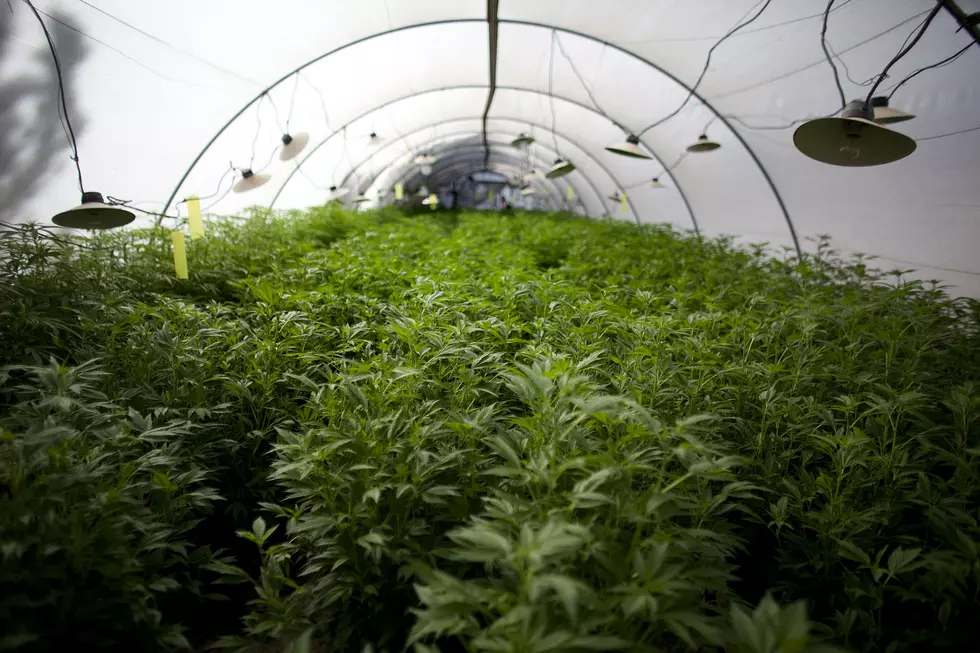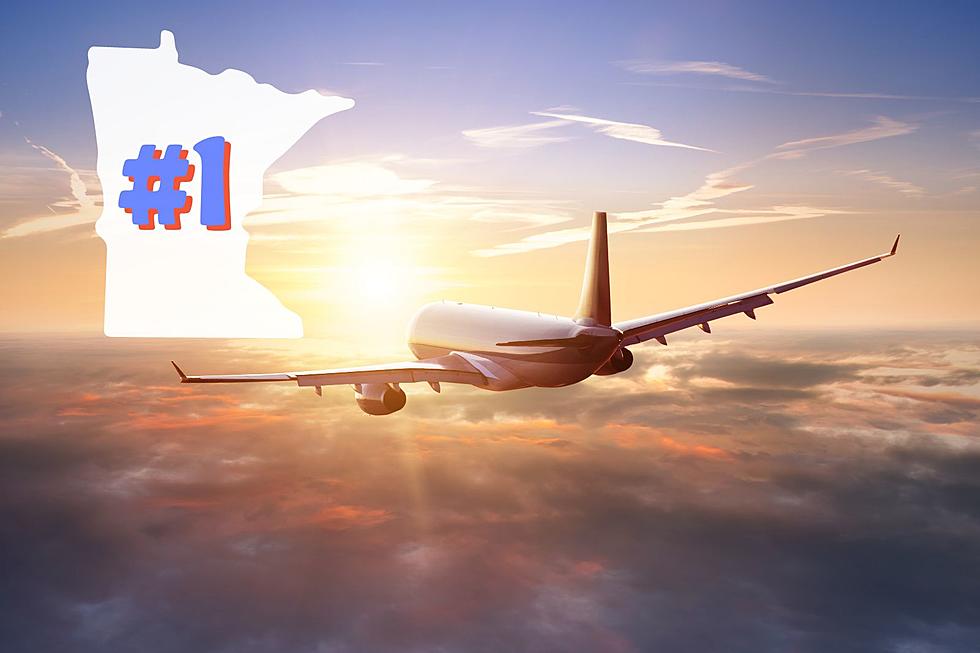
Conference Committee Agrees on Pot Legalization Bill
ST. PAUL, Minn. (AP) — House and Senate negotiators wrapped up work Tuesday on the details of a bill to legalize recreational marijuana for adults in Minnesota, setting the stage for final votes in the closing days of the legislative session.
It will still take staffers a day or two to prepare the final bill language, the Democratic chairs of the cannabis conference committee, Rep. Zack Stephenson, of Coon Rapids, and Sen. Lindsey Port, of Duluth, said as they closed out their final meeting. The bill can then go to the House and Senate floors, where final approval is expected.
“It has been an incredible journey,” Stephenson said, recalling the more than 30 committee hearings held between the both chambers this year to get the bill into its final shape. “Minnesota will be better because of it.”
Conference committees are finishing work on the major budget bills of the 2023 session this week as the adjournment deadline of Monday approaches. House Democratic leaders hope to finish earlier, but much work lies ahead, and Republicans who feel shut out of the process have expressed their anger by forcing lengthy debates. The tax bill remained under construction Tuesday, and Republicans are still upset that a sales tax exemption for baby products that passed both houses with bipartisan support was dropped in conference committee over the weekend.
Democratic Gov. Tim Walz plans to sign the cannabis bill. While marijuana use at home, and home possession and home growing, would become legal Aug 1, retail sales at dispensaries are probably at least a year away.
The final version includes a 10% tax on cannabis products on top of existing sales taxes, and possession limits for cannabis flower of two pounds at home and two ounces in public. Other possession caps include 800 milligrams of THC in gummies and other edibles, and eight grams of cannabis concentrate.
Minnesotans who've been convicted of misdemeanor or petty misdemeanor possession will get their records automatically expunged. The Bureau of Criminal Apprehension estimates it will take until August of next year to process all the automatic expungements. Those convicted of sales or other more serious but nonviolent marijuana offenses that will no longer be crimes, or will become lesser offenses, will be able to apply to a special board to get their records cleared or sentences reduced.
Local governments got more authority in the negotiations to limit the numbers of dispensaries and keep them away from schools, but not to ban them altogether.
Now on its way to Walz for his signature is the final version of a wide-ranging public safety budget bill that includes two high-profile gun control measures. One is a “red flag law" that would allow authorities to ask courts for “extreme risk protection orders” to temporarily take guns away from people deemed to be an imminent threat to others or themselves. The other would expand background checks for gun transfers. Gun rights groups are already threatening legal challenges.
The House approved it 69-63 early Tuesday, but the more important test came in the Senate, where the one-seat Democratic majority held together on 34-33 vote late Friday,
Other provisions in the bill include a pathway for convicted adult felons to shave time off their sentences as an incentive for them to complete individualized rehabilitation plans in prison. Inmates in Minnesota normally serve two-thirds of their sentences in prison and one-third on parole. Those who qualify, such as by taking job training or substance abuse treatment, could cut their prison time to about half. Convicts sentenced to life won't be eligible. Republicans denounced the program as a “get out of jail free card."
The bill also includes new juvenile justice initiatives with an added emphasis on rehabilitation, early intervention, and restorative justice.
Walz went to St. Paul's drinking water plant on Tuesday to sign a bill to provide $240 million in grants to remove and replace lead pipes across the state. The Minnesota Department of Health estimates that there are still about 100,000 water service lines across the state that leach lead into drinking water.
The 10 Highest Paid Athletes in Minnesota
More From KDHL Radio










